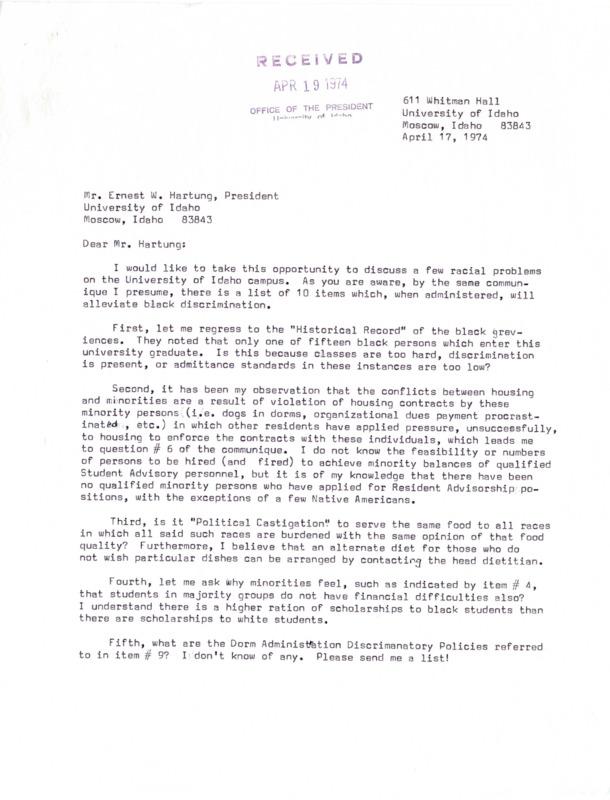Decoding AfricaŌĆÖs Sports Economy: Unlocking New Horizons for Growth and Prosperity
Africa is rapidly emerging as a significant player in the global sports economy, leveraging its abundant athletic talent and youthful demographic to fuel an expanding industry. Beyond producing world-class athletes, the continent is pioneering innovative sports management models that are reshaping economic landscapes across nations. This article explores the multifaceted influence of sports on AfricaŌĆÖs economiesŌĆöfrom grassroots development to international investmentŌĆöhighlighting how this sector is becoming a catalyst for infrastructure advancement, community empowerment, and regional integration. As Africa stakes its claim on the global sporting map, the economic ripple effects promise transformative opportunities for sustainable growth.
Diverse Income Sources Powering AfricaŌĆÖs Sports Industry
The African sports market thrives on a variety of revenue channels that collectively drive its expansion. One of the most lucrative streams comes from broadcast rights, with major tournaments like the African Cup of Nations commanding substantial viewership both domestically and internationally. For instance, recent deals have seen broadcasting revenues increase by over 20% year-on-year as networks compete to secure exclusive coverage.
Alongside media rights, sponsorship agreements have surged dramatically as multinational corporations seek alignment with passionate fan bases across football leagues in Nigeria, Kenya, and South Africa. These partnerships not only provide financial backing but also enhance brand visibility through culturally resonant campaigns.
The digital revolution has unlocked fresh monetization avenues via online platforms, where streaming services and social media channels engage millions of young fans eager for real-time content. Platforms such as SuperSport Now and Showmax Sport exemplify this trend by offering subscription-based access to live matches and behind-the-scenes footage.
Additionally, merchandising sales represent a growing segment; local clubs capitalize on their popularity by marketing jerseys, accessories, and collectibles tailored to regional tastesŌĆöcontributing significantly to club revenues while fostering fan loyalty.
Finally, event-driven tourism has become an essential economic driver during high-profile competitions hosted across cities like Dakar or Cairo. The influx of visitors stimulates hospitality sectors including hotels, restaurants, transport servicesŌĆöand generates employment opportunities within host communities.
| Main Revenue Stream | Description & Impact |
|---|---|
| Broadcast Rights | Selling exclusive coverage rights boosts income from TV networks. |
| Sponsorship Deals | Brand partnerships fund teams while enhancing marketing reach. |
| Digital Media Platforms | Earnings from online streaming subscriptions & advertising. |
| Merchandising Sales | Selling team apparel & memorabilia strengthens fan engagement. |
| Event Tourism Revenue | Tournament-related visitor spending supports local economies. |
Nurturing Athletic Excellence: The Crucial Role of Grassroots Programs in AfricaŌĆÖs Sporting Future
At the heart of Africa’s sporting renaissance lie grassroots initiatives that cultivate raw talent into professional excellence. These programs provide vital access to quality coaching facilities and structured competitions often unavailable due to socioeconomic or geographic constraints. For example,the Kenyan townshipsŌĆÖ youth soccer academies have produced several internationally recognized players who began their journeys with minimal resources but strong community support.
Grassroots efforts do more than develop athletesŌĆöthey foster social cohesion by bridging divides related to gender equity and economic disparity through inclusive participation policies. By engaging schools alongside local governments and private sponsors in collaborative frameworks,such initiatives create ecosystems where young people can thrive athletically while gaining life skills critical beyond sport itself.
Moreover,the multiplier effect extends economically; thriving grassroots scenes stimulate job creationŌĆöfrom coaches to event organizersŌĆöand invigorate small businesses supplying equipment or hosting tournaments locally.This holistic approach ensures sustainable growth rooted firmly within communities rather than relying solely on external investments or elite-level success stories.
Harnessing Strategic Partnerships: A Blueprint for Sustainable Expansion in African Sports Markets┬Ā┬Ā
Sustainable progress within African sports hinges increasingly on forging robust alliances among diverse stakeholdersŌĆöincluding governments,nongovernmental organizations,and private sector entities.These collaborations pool resources aimed at enhancing infrastructure quality,increasing accessibility,and maximizing talent development pipelines across regions.With over 60%of sub-Saharan Africans under age 25,the potential impact is immense when youth-focused academies receive targeted funding combined with expert mentorship programs supported through public-private partnerships (PPPs).
Examples include joint ventures between national federations hosting continental championships alongside international bodies such as FIFA or World Athletics.These engagements facilitate knowledge exchange around best practices while elevating competition standards locally.Investments channeled into co-hosted events amplify exposure attracting global audiences which further unlock sponsorship deals benefiting all parties involved.Additionally,reusing shared facilities optimizes costs enabling smaller markets previously excluded from large-scale events now participate actively within continental circuits.
Such synergies also generate broader socio-economic benefitsŌĆöjob creation surges not only directly linked with sport but also indirectly via tourism spikes,catering industries,and urban development projects tied closely with stadium construction or renovation efforts.This integrated model positions sport not merely as entertainment,but as an engine driving comprehensive national development agendas throughout Africa today.
Looking Ahead: Charting a Promising Trajectory for AfricaŌĆÖs Sports Economy┬Ā┬Ā
As we assess current trends shaping African sports economics,it becomes evident that this sector embodies vast untapped potential poised for exponential growth.The fusion between traditional athletic prowess embedded deeply within cultural identities,and modern commercial strategies creates fertile ground ripe for innovation.Increased investment flows coupled with rising digital consumption patterns forecast sustained expansion well into the next decade.Accordingly,many countries are prioritizing policy reforms aimed at improving governance structures addressing transparency issues long hindering full realization of benefits associated with professionalized sport management systems.
Challenges remainŌĆöincluding infrastructural deficits,lackluster regulatory environments,and occasional political instabilityŌĆöbut ongoing commitment among athletes,business leaders,and civic institutions fuels optimism.African nations continue building momentum toward becoming influential contributors not just in terms of medal counts,but also regarding socio-economic resilience powered through vibrant sporting ecosystems.
Ultimately,the story behind understanding Africa’s evolving sports economy transcends mere competition results.It highlights how athletics serve as powerful levers promoting inclusive growth,cultural pride,and cross-border cooperation.As stakeholders worldwide deepen engagement,it will be crucialto champion sustainable practices ensuring these gains endureŌĆöempowering generations ahead while celebrating one continent’s remarkable journey toward sporting excellence intertwined inseparablywith economic transformation.







